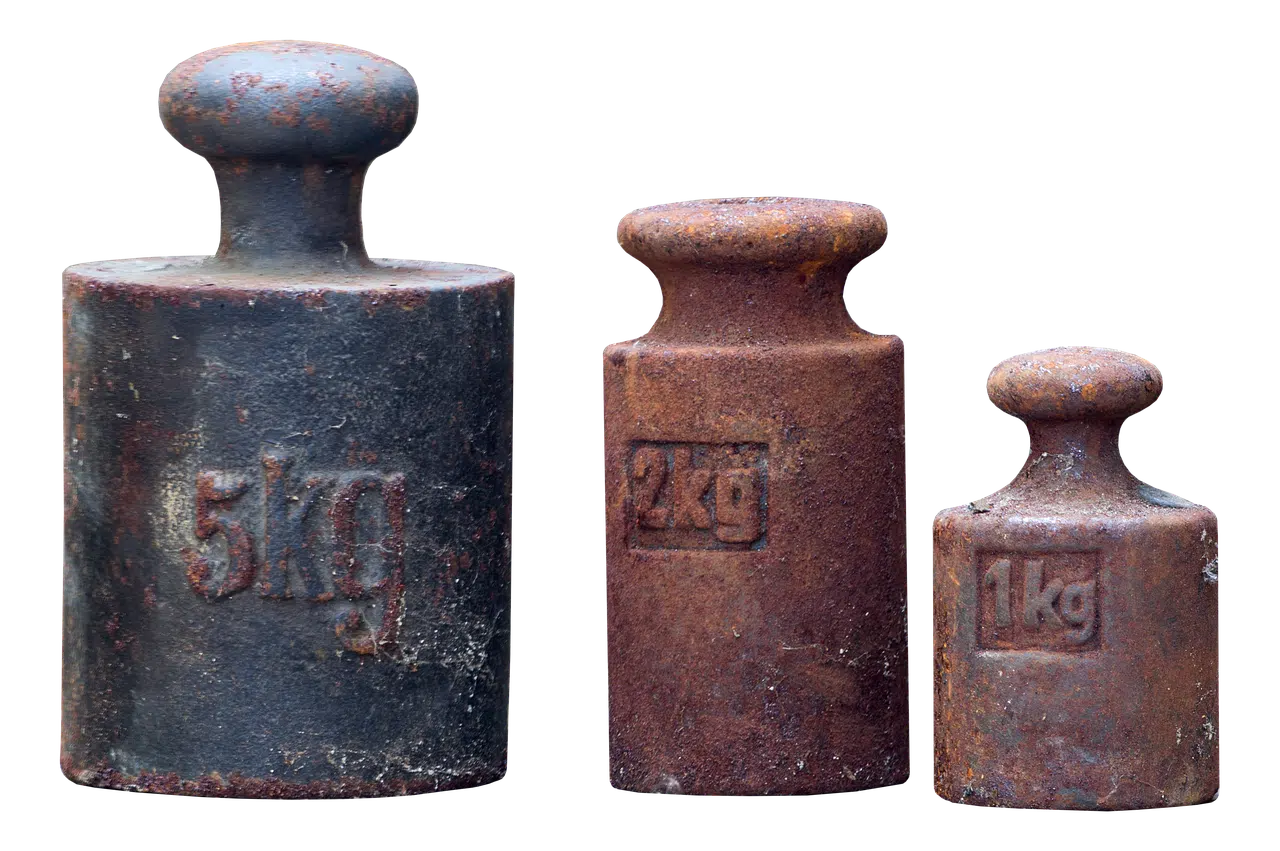
One kilogram is equivalent to the mass of a platinum-iridium cylinder found at the International Bureau of Weights and Measures.
The kilogram is a unit of mass contemplated by the International System of Units . It is approximately equivalent to the mass of a thousand cubic centimeters of water preserved at the temperature of its maximum density (4ºC) and the mass of a platinum-iridium cylinder stored in the International Bureau of Weights and Measures located in the French city. from Paris .
In Greek is where we can find the etymological origin of kilogram. Specifically, it can be established that this term is made up of two clearly differentiated parts that give rise to its meaning. Thus, it is made up of kil which is equivalent to “thousand” and gramma which can be translated as “stone to weigh” .
The kilogram and the standard object
It should be noted that the kilogram, which is represented by the symbol kg , is the only unit belonging to the International System that is still established from a standard object, that is, it does not take into account a fundamental physical particularity. The kilogram (also referred to as kilo ) also refers to the amount of some material that can be measured by kilograms. For example: “I'm going to bring a kilogram of roast,” “I need ten kilograms of lime.”
In addition to all the above, we cannot ignore that this unit we are addressing has a series of multiples and submultiples . Thus, among the former are the decagram , the hectogram and the ton while in the case of the latter are the decigram and the centigram , among others.
Regarding equivalences, it must be emphasized that the kilogram, for example, is equal to one million milligrams, 10,000 decigrams, 1000 grams or 10 hectograms.

The symbol for the kilogram is kg.
Measurement problems
It is important to keep in mind that the definition of a kilogram has varied throughout history. During the French Revolution , it was stipulated that a kilo corresponded to the mass of a cubic decimeter of distilled water at an atmosphere of pressure 3.98ºC.
To avoid the problems that this measurement entailed (since the density of that fluid is conditioned by the pressure and this considers the mass as a factor), the kilogram began to be redefined based on a particular standard mass that was created as the approximation as accurate as possible of the original definition. That mass corresponding to the international prototype of the kilogram is the alloy of platinum (90%) and iridium (10%) found in France .
There is still an attempt, however, to formulate a definition of the kilogram based on physical laws . Scientists around the world are carrying out tests for this purpose.
Kilogram and kilopond
We cannot finish this definition of the term kilogram without stating that it is closely related to what the kilopond or kilopond of force is. In the field of science, and more specifically physics , this last word is used, which is defined as a unit of force within the decimal metric system.
It can be indicated that the kilopond is equivalent to the force acting on a mass of one kilogram that is subjected to what is a normal gravity situation.
